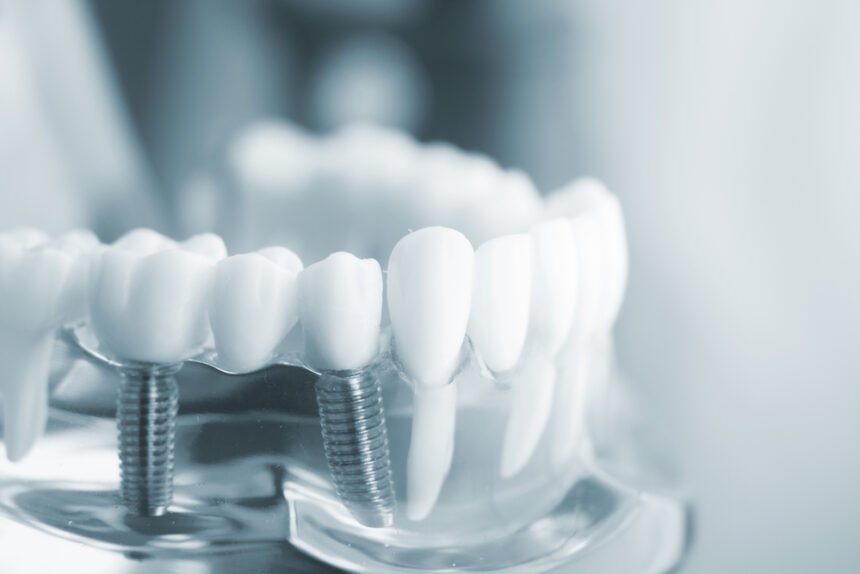When you and your dentist make the decision that dental Implants in Middleton MA are the best option for your missing teeth, there are several stages involved with the actual surgical process. The procedure is typically done in an outpatient basis. The steps that are followed include:
- Removal of damaged tooth, if necessary.
- Preparation of the jawbone for surgery, which may include bone grafting.
- Once the jawbone heals, the oral surgeon will place the metal post for the implant.
- Heal for a few months.
- Placement of the abutment, followed by the new, prosthetic tooth.
In most cases the whole process will take at least a month or more from beginning to end. A large portion of this time is healing time if bone grafting is needed.
- Requirements of Bone Grafting
If you have a jawbone that too soft or that is not thick enough, you may have to undergo bone grafting prior to having the surgery for a dental implant. This is due to the powerful action caused by chewing that the mount exerts, causing a good amount of pressure on the bone. If it is unable to support the new implant, then the surgery will end up being a failure. When a bone graft is done it can provide a much more solid and stable base, which will be more supportive for the implant.
When the bone grafting procedure is complete, a portion of the bone will be taken from another area of the jaw or another location of your body and be transplanted into the jaw. It can take as much as nine months for the piece of transplanted bone to provide enough new bone to be able to fully support the dental implant.
- Placement of the Implant
Once healed, a dental implant is placed by the surgeon making a cut in your gums to expose the jawbone. Then holes are drilled into the jawbone where the metal post of the implant is going to be placed. The post is going to be the artificial tooth root so it will be implanted deep into your jawbone.
At this phase, there will still be a space where the missing tooth goes, which is where the dentist will place a temporary denture or partial which is able to be removed for sleeping and cleaning.
Once there has been ample healing time, the dentist will then place the artificial tooth on the root; allowing for a natural looking and feeling implant that is permanent and durable.
- Prepare For Tooth Extraction
If you have any remaining teeth, the dentist will have to remove them before they can put in your new dental implants. The team at Perfect Smile Spa work very hard to make this process as easy and painless as possible. Generally, this will be done during the same time that you have the new implants inserted. Usually, you will be given a local injection of lidocaine to help numb your mouth. This will help to make the pain associated with tooth extraction a bit more manageable. After the extraction process is completed, your dentist will ask you to refrain from drinking without a straw and smoking. Smoking after a procedure like this can lead to problems with dry sockets, which can be very painful.
- Have a Plan For After the Procedure
As any dentist will tell you, it will be nearly impossible to drive yourself home after this procedure. Usually, the effects of the anesthetic you are given will take a while to wear off. The last thing you want is to jump behind the wheel under the influence of these drugs due to the problems it can cause. Arranging for a friend or family member to pick you up after this procedure is a must.
Your dentist will be able to give you some useful information leading up to the dental implant procedure that will make preparing much easier.









